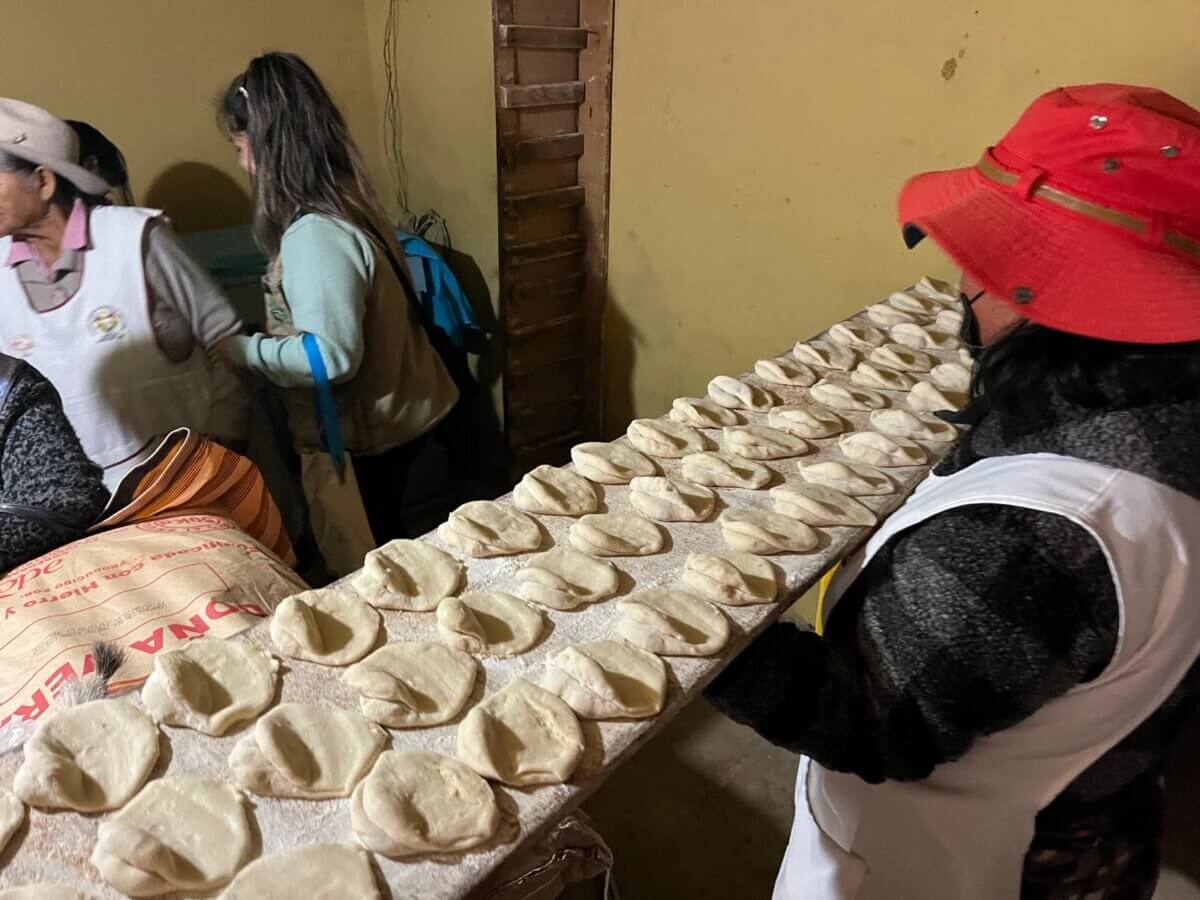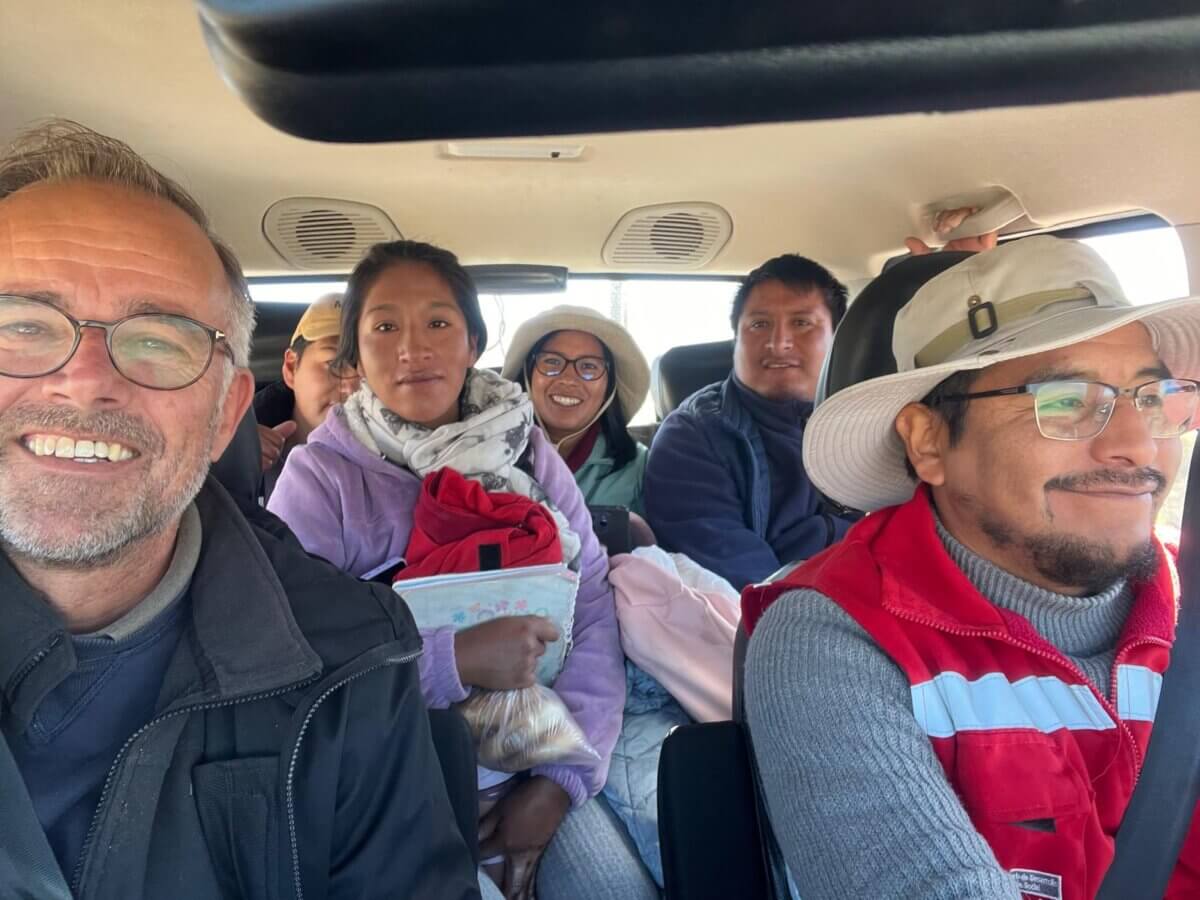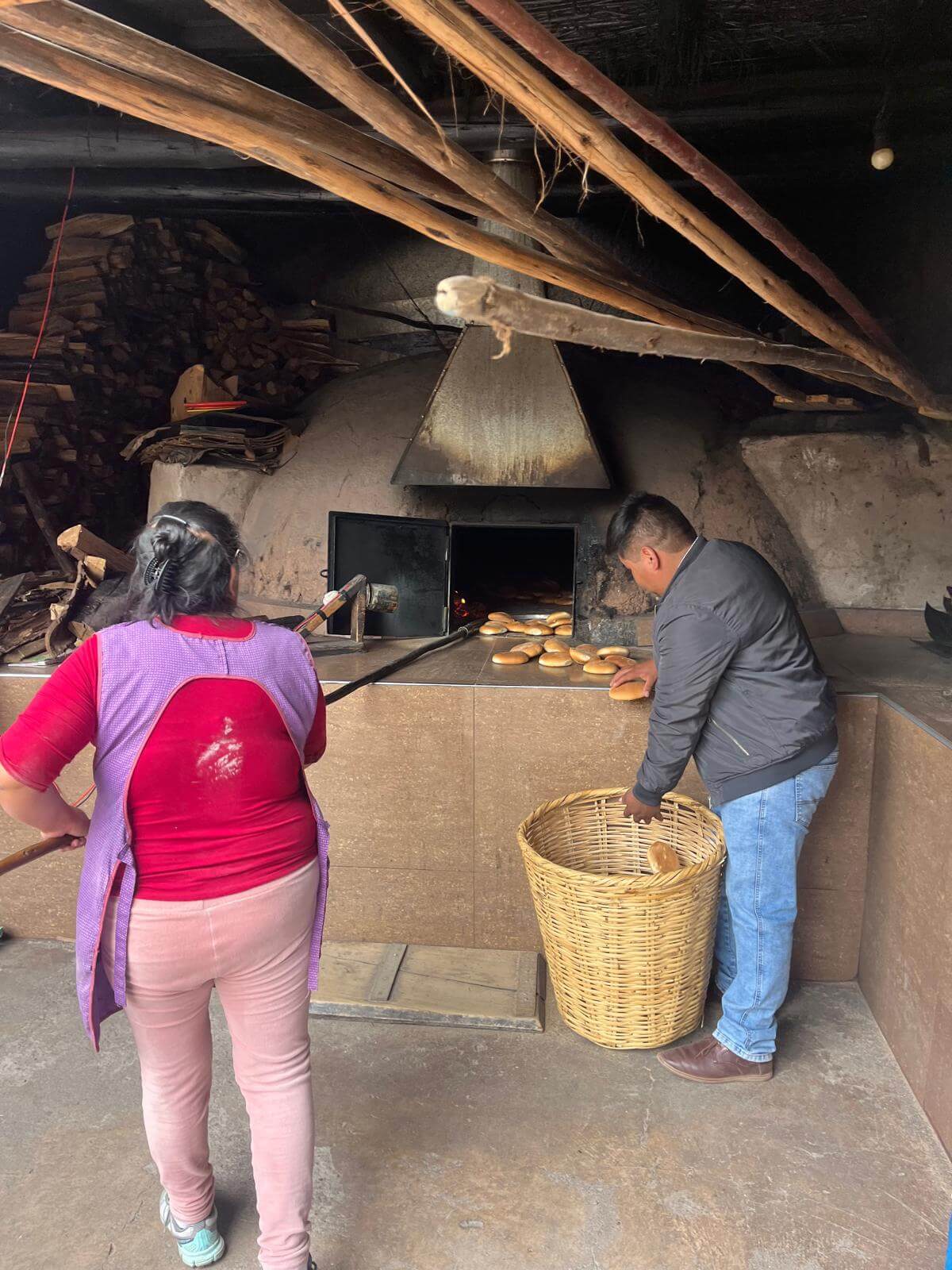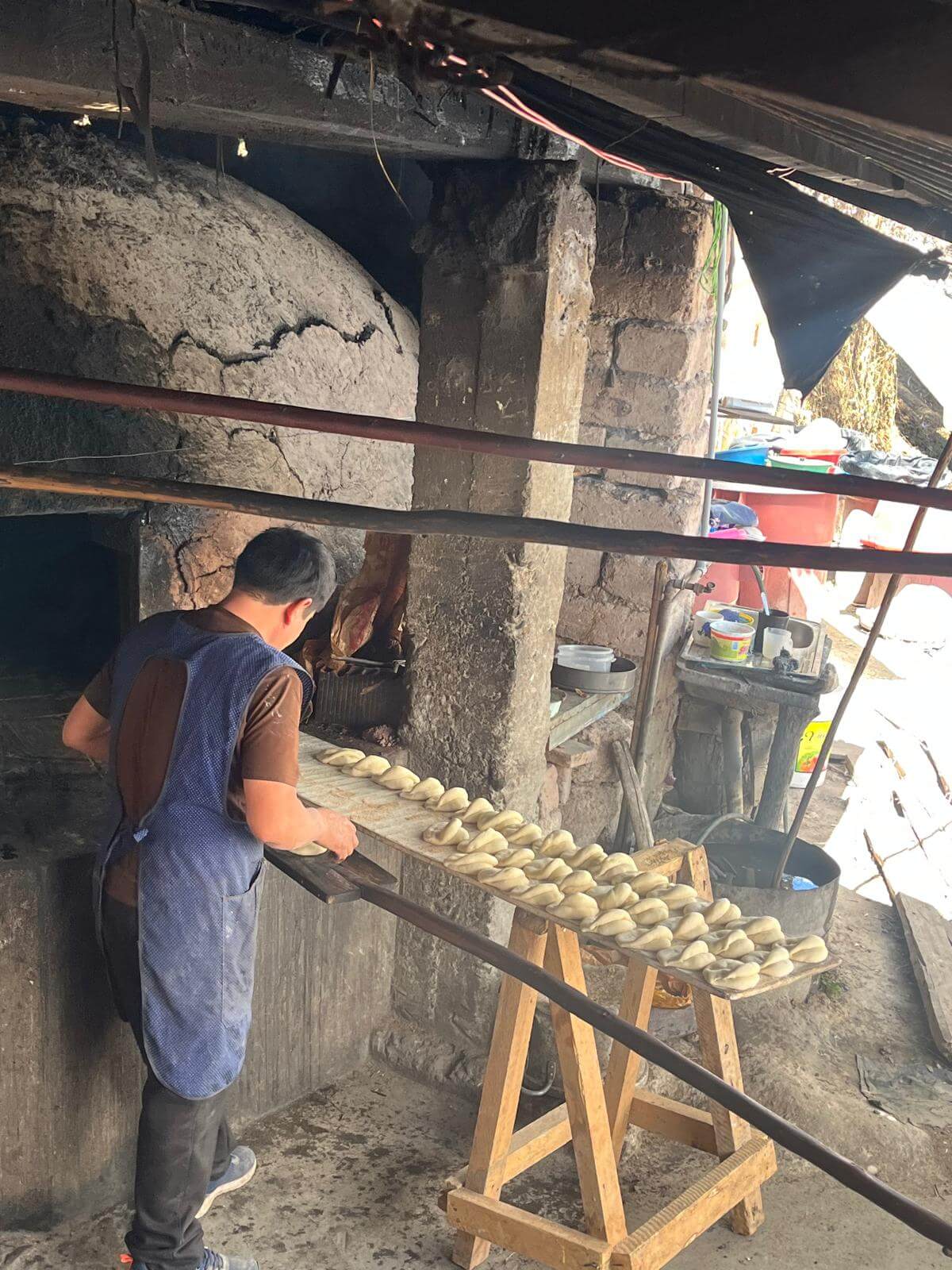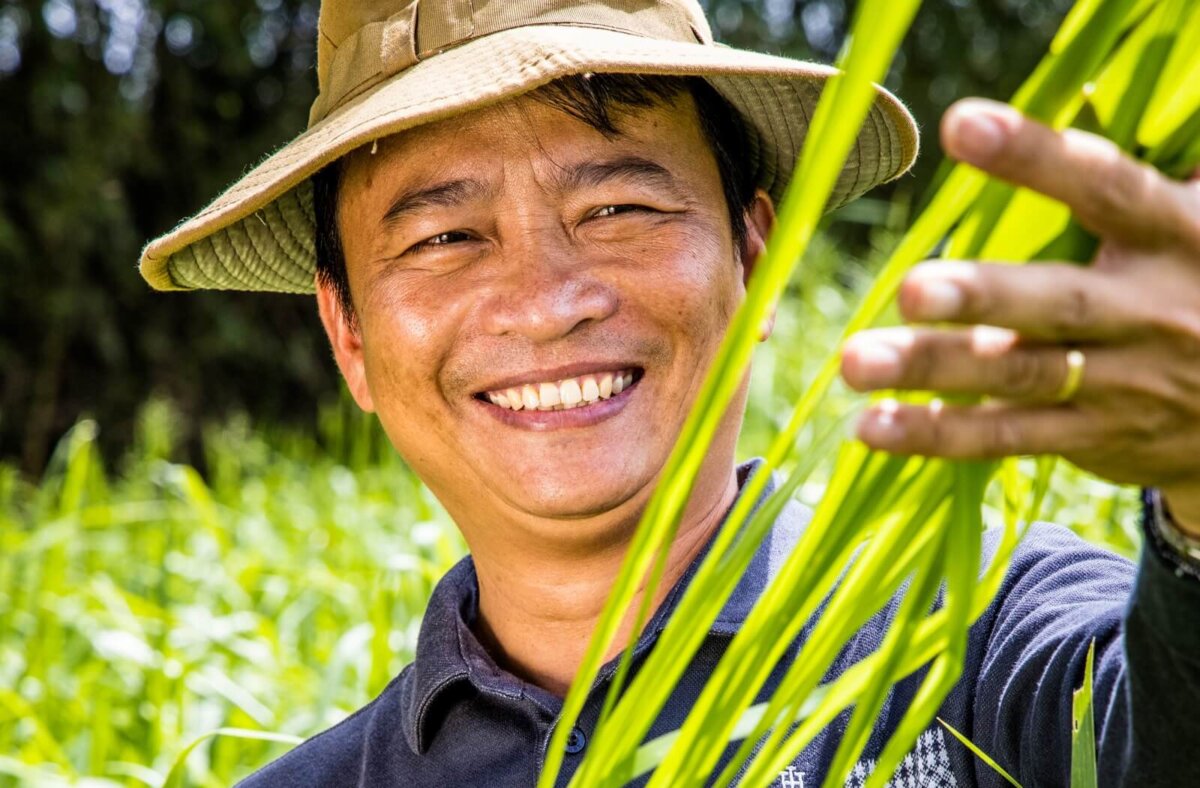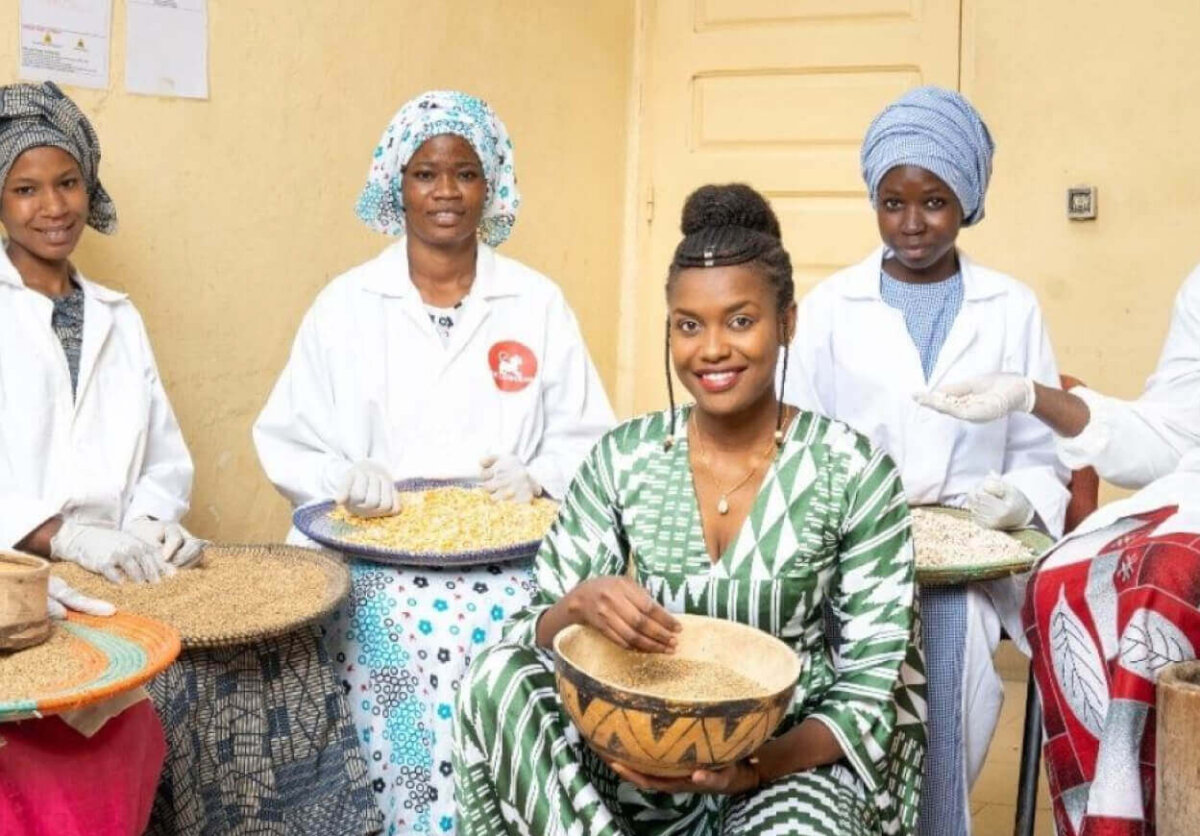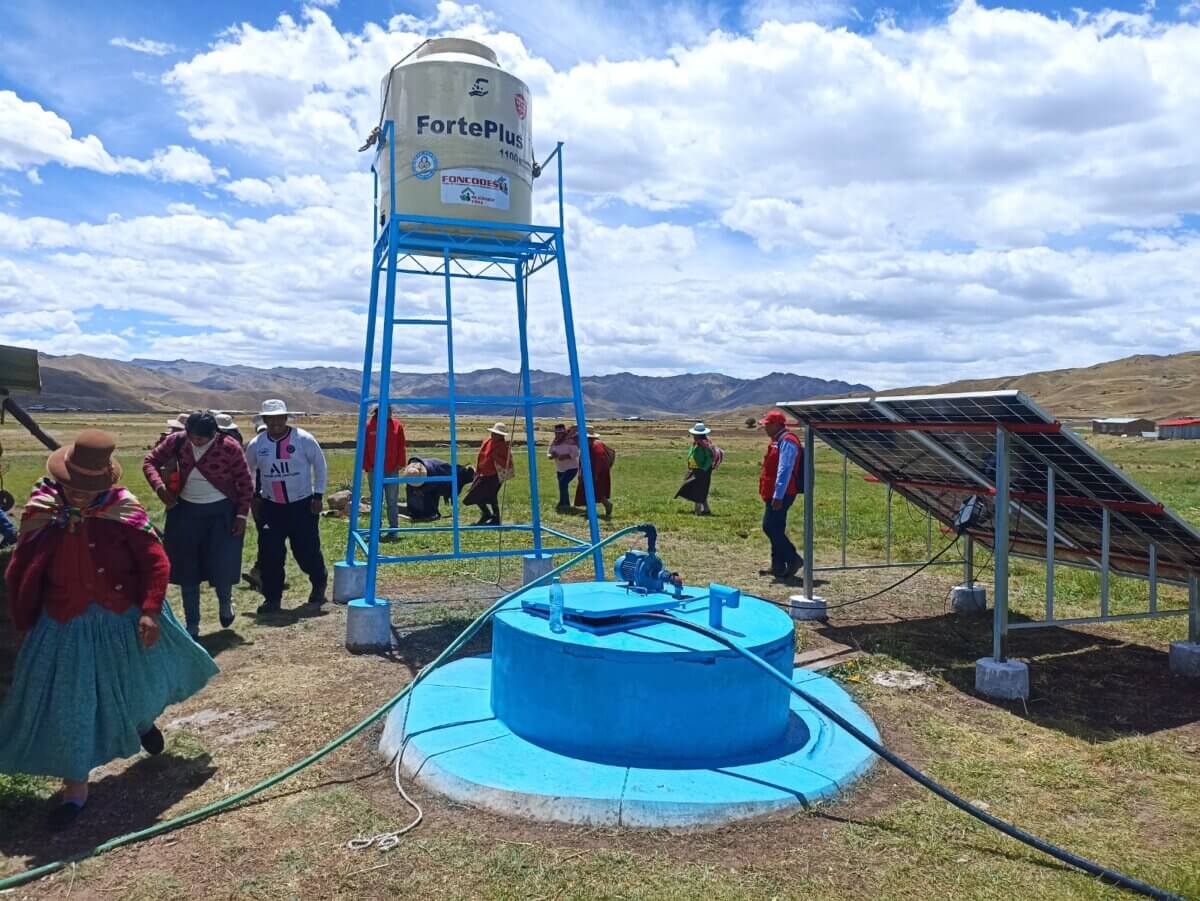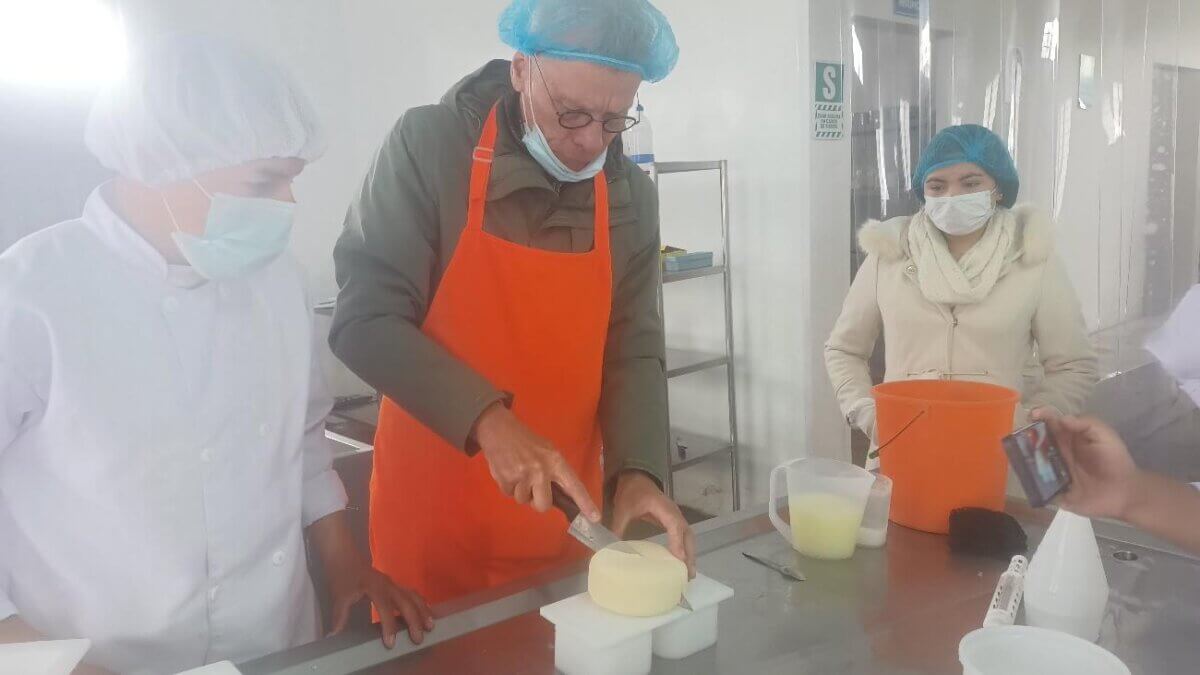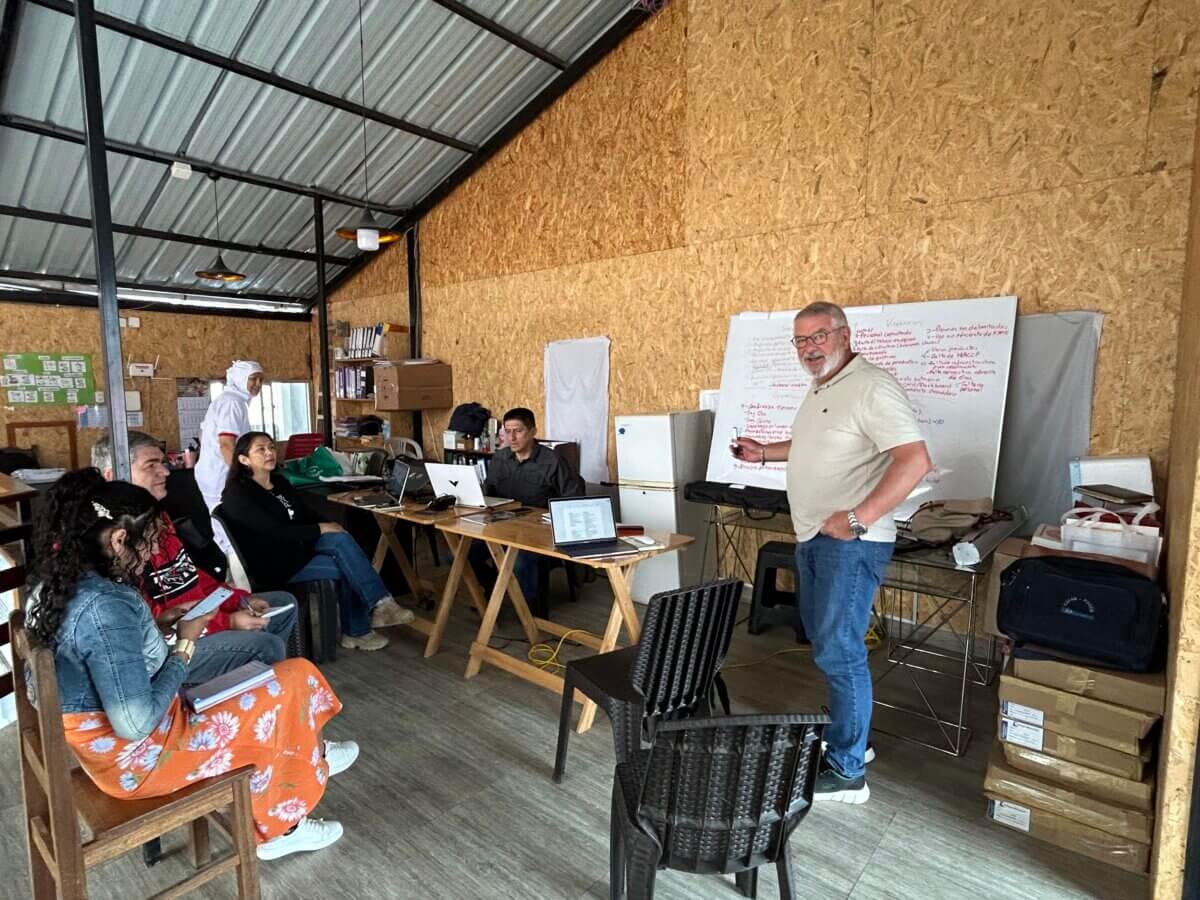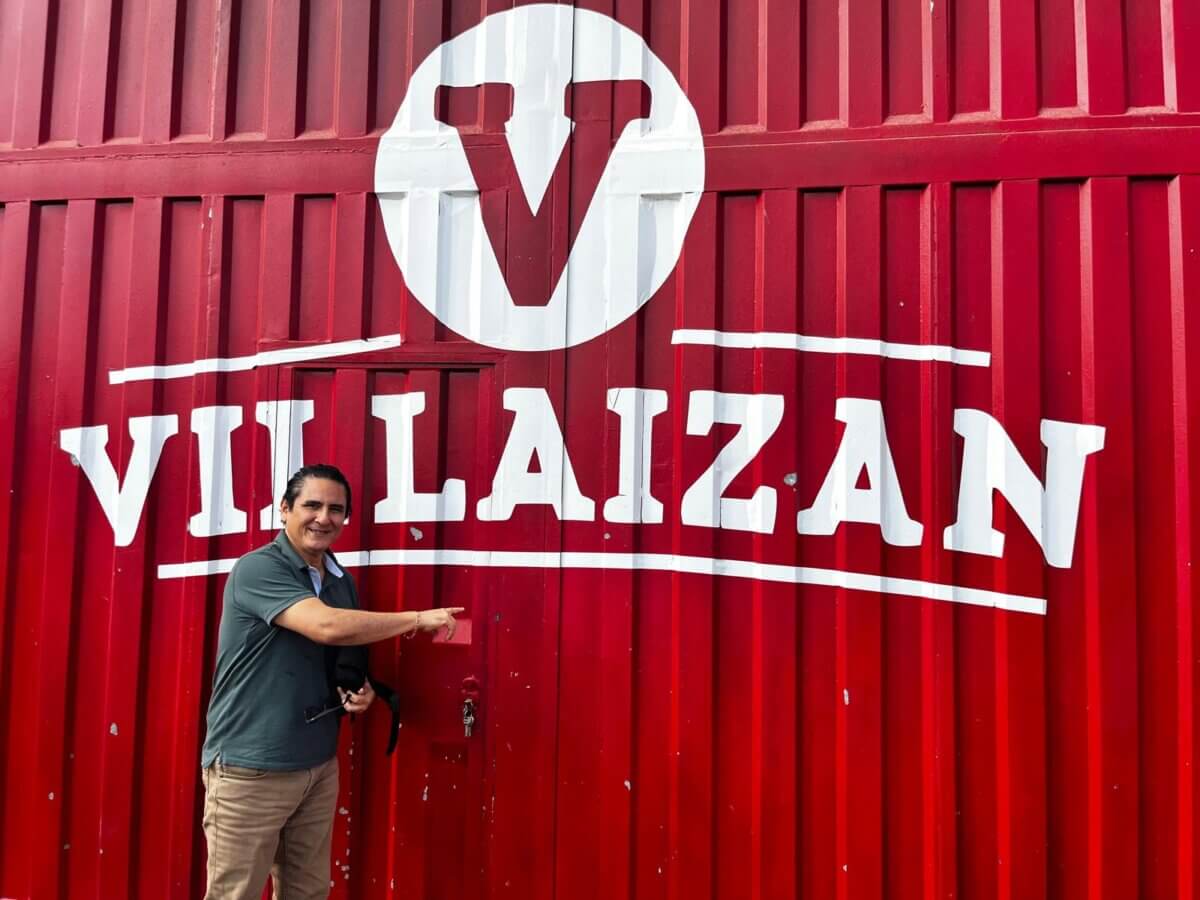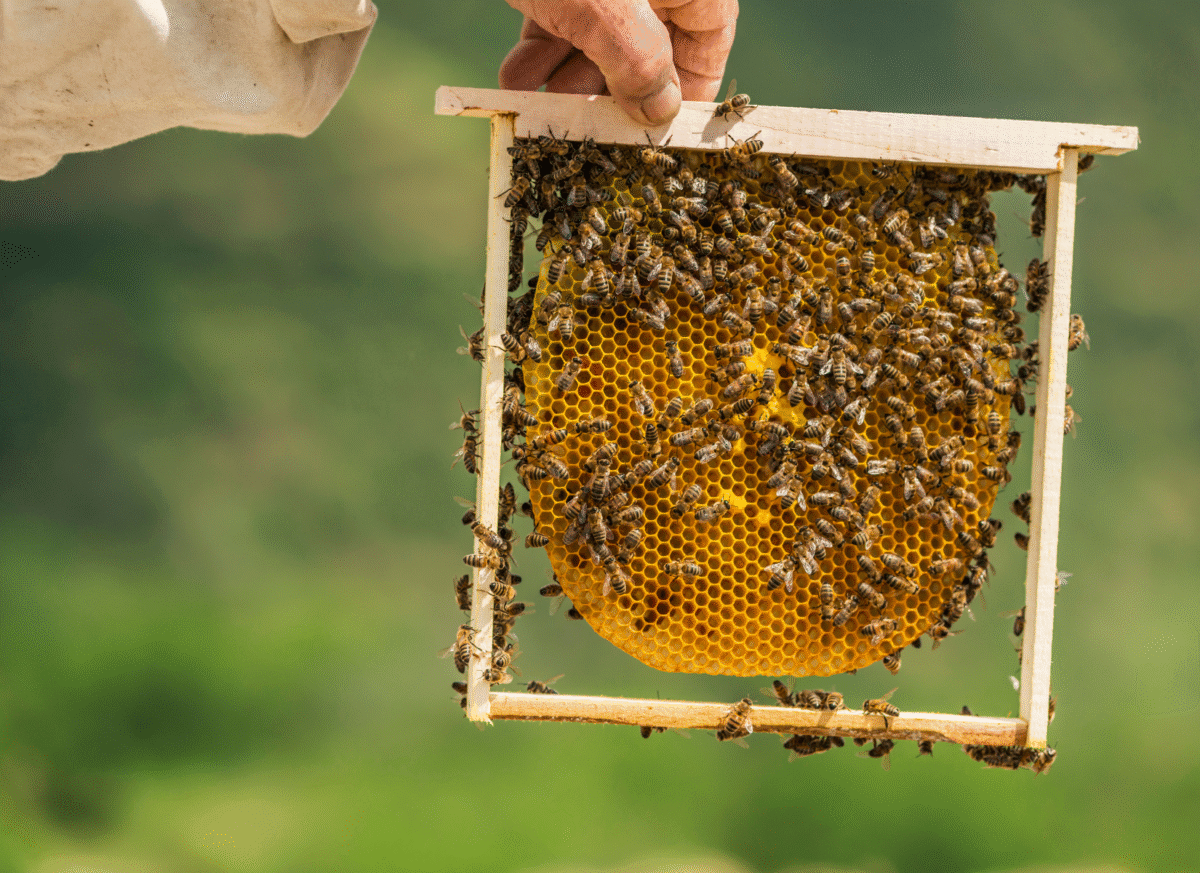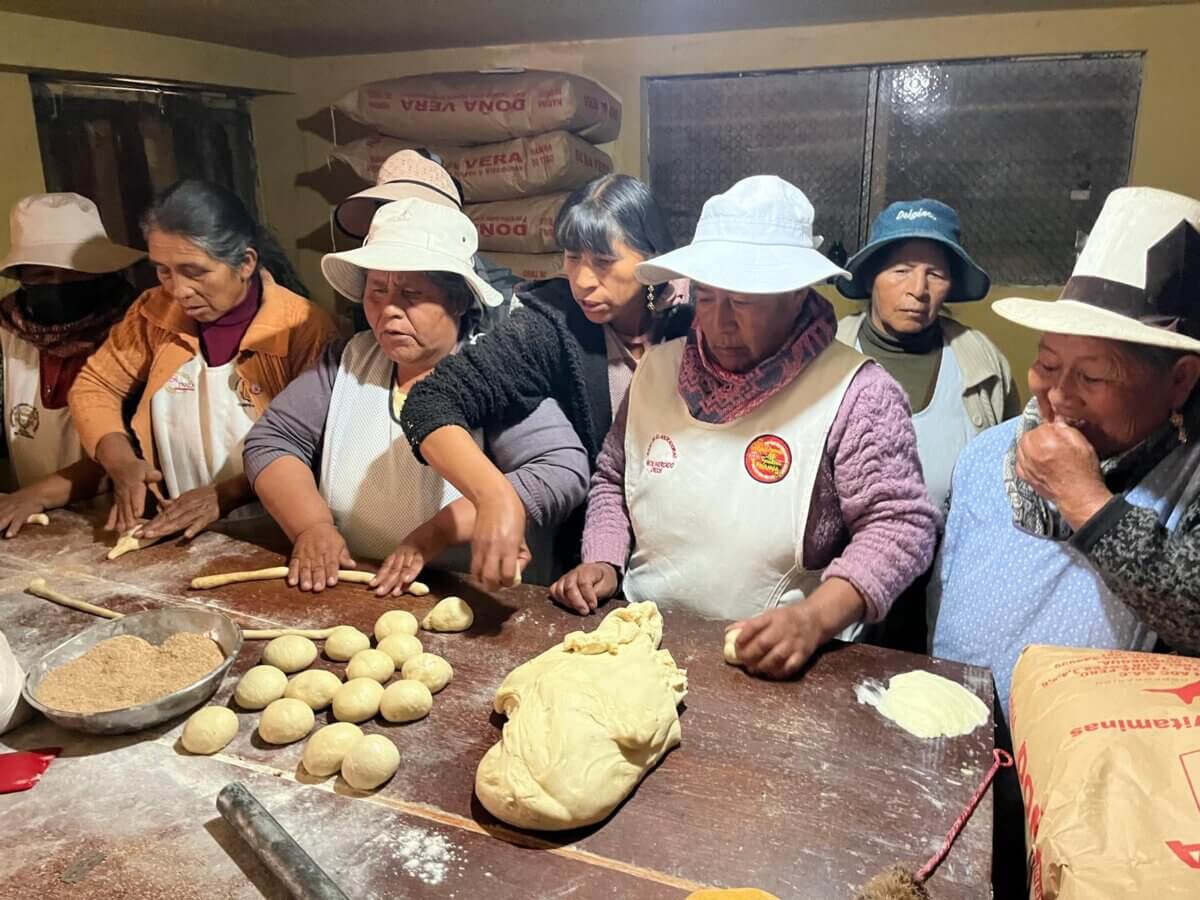
In July 2025, PUM bakery expert Erik van den Einden travelled to the highlands of southern Peru to collaborate with a network of artisanal women-led bakeries in the provinces of Canas and Quispicanchis. What began as a request from a single bakery in a remote village soon grew into a broader initiative in close collaboration with FONCODES, the national programme for social development. Through hands-on expertise, strategic analysis, and a strong partnership, the project laid the foundation for long-term improvement and future cooperation.
One bakery, a bigger need
The project started with a request from a small artisan bakery in Hampatura, a village located in the Andes at an altitude of 3,800 metres. Like many bakeries in the region, it is run by women and operates with limited means: basic tools, a simple wood-fired oven, and no clear strategy for business continuity. While production is rooted in traditional methods and local ingredients, opportunities for growth and sales remain limited.
This bakery, it turned out, was representative of a much larger group. PUM recognised the potential for broader impact and reached out to FONCODES, Peru’s national programme for social development and part of the Ministry of Development and Social Inclusion. FONCODES supports vulnerable families across the country, promotes social inclusion, and facilitates access to economic opportunities. Together, PUM and FONCODES expanded the scope of the project to include ten bakeries and bakery associations in the provinces of Canas and Quispicanchis.
Working side by side with local bakers
The goal of the project was twofold: to support the bakers directly and to build a framework for structural improvement. Over the course of two intensive weeks, PUM Bakery expert Erik van den Einden visited all ten identified bakeries and associations in the region. He worked closely with the entrepreneurs, observing their processes, and offering immediate, practical advice. Small changes were implemented on the spot, from recipe adjustments to more efficient baking methods. These hands-on sessions were followed by discussions on cost structures, product pricing, and how to better present and sell their goods.
The bakeries, most of which are female-led, play a vital economic role in their communities. Despite the tough working conditions and limited resources, they produce goods based on traditional recipes. This offers valuable opportunities: use local grains and natural ingredients to position these products as healthy and authentic with unique regional character. But to realise that potential, collaboration is also needed in areas such as branding, marketing, and access to new markets, including, possibly, tourism.
Laying the groundwork for long-term impact
Alongside the practical work, the project included a more strategic component. Erik and the team developed a categorisation model to assess and classify each bakery based on its development level. This structured analysis made it possible to identify recurring challenges and determine what kind of support would be most effective at each stage of development.
Based on this, a detailed report and action plan were created in collaboration with FONCODES’ Ing. Arcadio Molina Navarrete: The proposal outlines how the bakeries could be structurally supported within FONCODES’ existing programmes and with tailored follow-up from PUM experts, both remotely and in the field.
The project’s findings were presented to the FONCODES regional office in Cuzco at the end of July. A final presentation was held on at the head office of Foncodes in Lima.
A promising partnership for rural entrepreneurship
The collaboration between PUM and FONCODES has proven to be highly promising. By combining targeted PUM expertise with local networks and government engagement, the Panes de Canas project has both improved bakery practices on the ground and created a roadmap for supporting SMEs in Peru’s rural highlands.
For the women running the bakeries Canas and Quispicanchis, this collaboration could mean more than just better bread. It could mean long-term business security, stronger community economies, and a brighter future.
